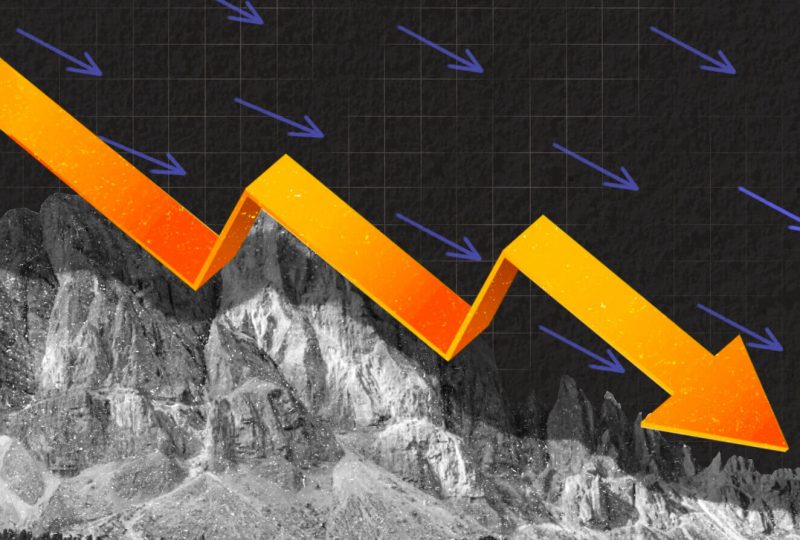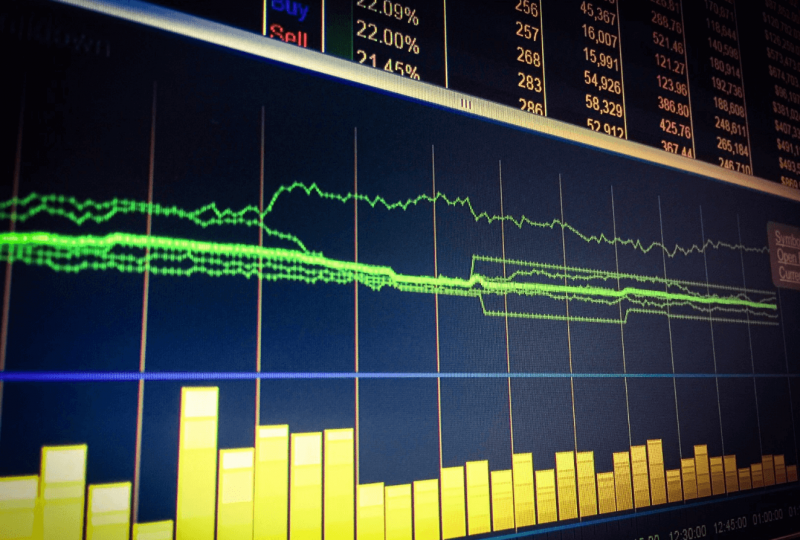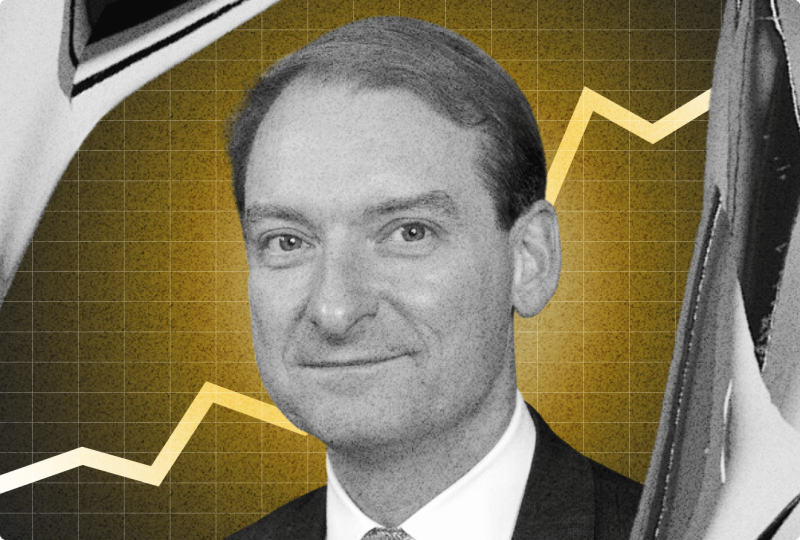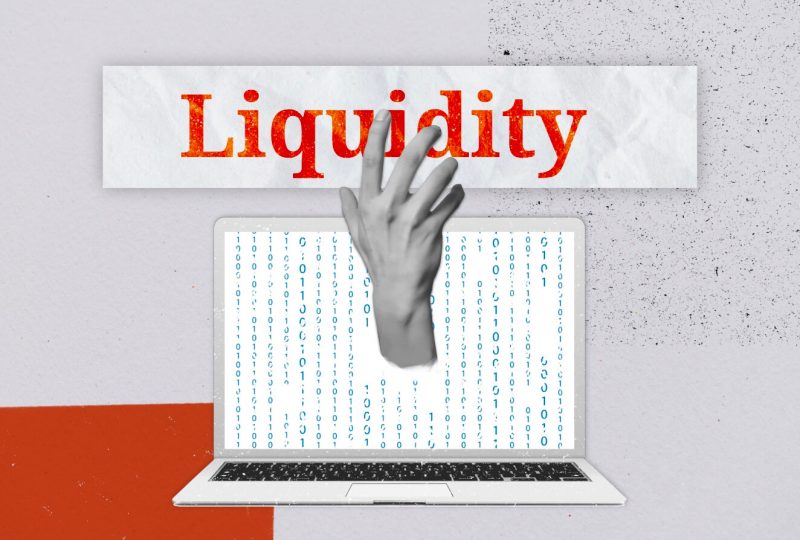Rising Interest Rates, Increased Market Volatility Signal Potentially Weak March for Stocks — But Warren Buffett Stays Optimistic.
Mar 01, 2023

With the Federal Reserve continuing to adopt a hawkish rate stance, market volatility indicators on the rise, and analysts expecting earnings declines, US stocks appear increasingly likely to suffer a steep pullback in March. Data points confirm this worrying viewpoint as pessimism increases all over Wall Street.
This past week has been one of the toughest for stocks yet in 2023, with a Friday sell-off that caused the S&P 500 to plunge 3.2% and decrease its year-to-date growth to about 3.4%. The Dow had four successive weeks of losses and is now firmly in the red for the year, whereas the rate-sensitive Nasdaq experienced an enormous 6.6% drop from its February apexes.
The sell-off that occurred in early February had its roots in the January jobs report, which showed an impressive headline gain of 517,000 and an unemployment rate of 3.4%, the lowest in five decades. This eventually triggered a wave of growth and inflation readings that caused investors to move away from their bets on an impending recession and pushed up near-term Federal Reserve interest rate expectations.
Since February 2nd, the S&P 500 has experienced a 5% decrease while benchmark 10-year Treasury note yields have skyrocketed an immense 55 basis points, settling at 3.97% in late Friday trading and surpassing the key technical level of 4% for the first time since November.
Last year, the 10-year Treasury yields at 4% acted as a catalyst for stock market prices to rally. The S&P 500 only began seeing positive movement when the rate started returning toward 4% in late October.
The strong links between stock momentum and Treasury bond yields will likely define the benchmark's performance in the upcoming months as investors factor in higher Fed Funds rates due to accelerating inflation numbers.
Futures traders are now predicting that the peak Fed Funds rate will reach 5.42%, indicating three more interest hikes from current levels. Additionally, CME Group's FedWatch is displaying a 25% probability of the Federal Reserve raising its benchmark rate by 50 basis points in the next month during their meeting in Washington, DC.
Meanwhile, as the fourth quarter earnings season wraps up, with only 26 S&P 500 companies left to report this week, stock markets are having to come face-to-face with increasing market volatility. The CBOE Group's iconic VIX volatility gauge presently rests at around 21.1 points.
The market is currently predicting that the S&P 500 will have an average daily fluctuation of 54 points, or 1.32%, over the upcoming month.
Furthermore, according to the Wall Street Journal, CBOE data indicates that investors are purchasing call options on the VIX at the fastest rate in two years. This implies that near-term volatility is likely to increase sharply if these options start getting exercised. Call options allow investors to purchase fixed-priced contracts at a future date but do not obligate them to do so.
Chris Larkin, managing director for trading at E*TRADE from Morgan Stanley, has a different outlook on the market.
He believes that investors are gradually coming to terms with higher interest rates, and the latest inflation data confirms this. However, he also noted that "despite the volatility last week, the VIX may have given a potentially short-term bullish signal."
According to him, the VIX typically moves in the opposite direction of the stock market. However, he pointed out that despite stock prices falling last week, the VIX actually ended lower than its Tuesday close. This signaled that the options market was expecting less volatility. Chris Larkin also added that similar occurrences since 1990 have been followed by larger-than-average short-term gains in the stock market.
Despite the encouraging economic numbers, particularly from the consumer sector and a 2.7% GDP growth rate forecasted by Atlanta Fed's GDPNow model, S&P 500 earnings projections have not kept up with these positive figures.
Refinitiv data indicates that the total profits of S&P 500 companies, comprising 465 firms, are projected to decline by 3.2% from last year's total of $441.2 billion. The current quarter will see a dip of 4.3%, resulting in collective earnings estimated at around $424.5 billion for Q4 2020.
On Monday, Mike Wilson, star analyst of Morgan Stanley, expressed his opinion in a client note that given the ongoing earnings recession, March is poised to be a high-risk month for a further decline in stocks.
According to Bank of America's Flow Show report, towering investment funds pulled $9 billion from US stock portfolios over the past week, which marks the fourth consecutive weekly outflow. At the same time, this capital is flowing into fixed-income investments at its fastest pace since November 2021.
It's no surprise that investors are opting for Treasury bills over the S&P 500. After all, a 6-month risk-free bill yields 5.11%, whereas the S&P is currently offering only 1.59%.
Though higher interest rates have an effect on stock valuations, it is the state of the economy that is more strongly connected to earnings growth. One of today's most acclaimed investors remains optimistic and believes good things are ahead.
In his annual letter to investors, Warren Buffett, whose Berkshire Hathaway investment vehicle is largely concentrated in five stocks — Apple, Bank of America, American Express, Chevron, and Coca-Cola — expressed his unwavering confidence in the American economy. "I have yet to see a time when it made sense to make a long-term bet against America. And I doubt very much that any reader of this letter will have a different experience in the future," he wrote.
Buffett noted that the American economy had seen periods of stagnation but ultimately has always been able to rebound.
Despite this, Buffett decided to repurchase around $2.6 billion in Berkshire Hathaway's shares while unloading another $16.8 billion into investments such as Taiwan Semiconductor — instead of using that money within his 'real economy portfolio.'
Warren Buffett took a defensive stance on his uses of cash, stating that those who claim repurchases are harmful to shareholders or to the country or particularly beneficial to CEOs must either be economically illiterate or demagogues.
He might have a point. Nonetheless, he has a staggering $130 billion of untouched money — a majority of it in high-yielding US Treasury bills.




